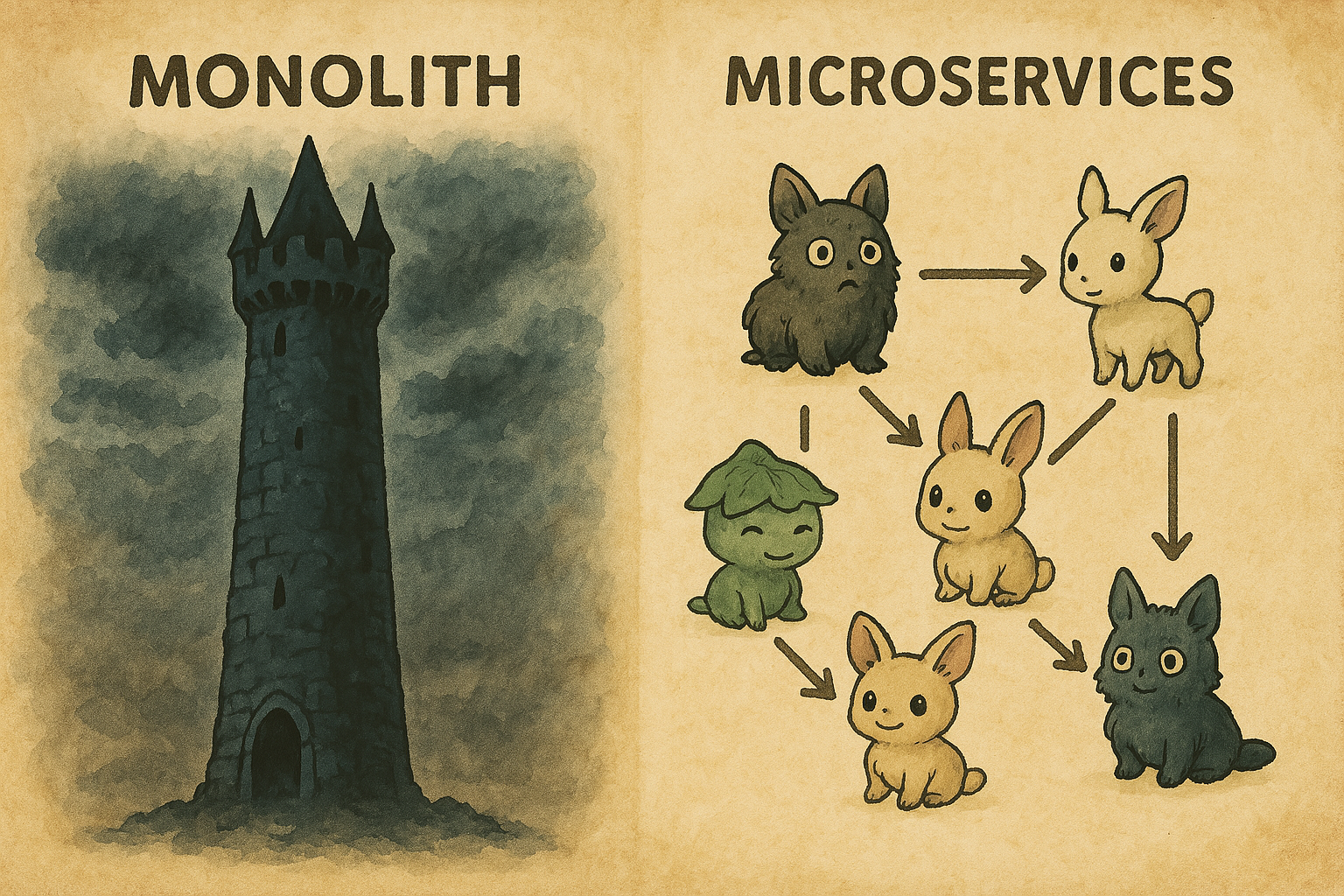
Microservices and DevOps: A Perfect Match
If you're a developer exploring ways to improve your codebase and simplify your life, you've likely heard the term "microservices." It's one of those buzzwords you might nod along with but never get around to exploring in depth. Let’s take a closer look at what microservice architecture really means, why it's valuable, and how to get started without getting overwhelmed.

The Change Failure Rate Playbook
In the world of DevOps, metrics are signposts that guide engineering teams toward better practices and improved software delivery. One of the critical metrics defined by the DevOps Research and Assessment (DORA) group is the Change Failure Rate (CFR). This metric measures the percentage of deployments that result in a failure in production, providing a clear indicator of the stability and reliability of software releases.

Understanding Mean Time to Recovery
When thinking about software reliability, the intuitive approach might be to aim for "zero failures." While this sounds good on paper, it often leads to paralysis by analysis. Instead of striving for an unrealistic ideal of no failures, focus on how quickly and effectively you can recover when things go wrong. This is where mean time to recovery (MTTR) shines as a practical and motivating metric.

No One Should Be Deploying Code at 2 AM
Deploying code at 2 AM is a cry for help. It signals a process problem, not a people problem. If your team is routinely making production changes in the dead of night to minimize impact on users, then you’re not reducing risk; you’re just shifting it onto tired, overworked developers who are more likely to make mistakes.

Continuous Deployment in Action
Continuous deployment is the practice of automatically releasing every validated code change into production. In this workflow, as soon as a developer pushes code to the repository, it goes through automated testing and, if it passes, it is deployed immediately. This ensures a steady stream of improvements and bug fixes, making software development more dynamic and responsive.

How Do You Measure DevOps?
DevOps is a way of working together to make building and running software easier and faster. The best way to measure how well you are doing DevOps is a set of measures called DORA metrics. They show where your team is working well, and areas to improve your DevOps practices.